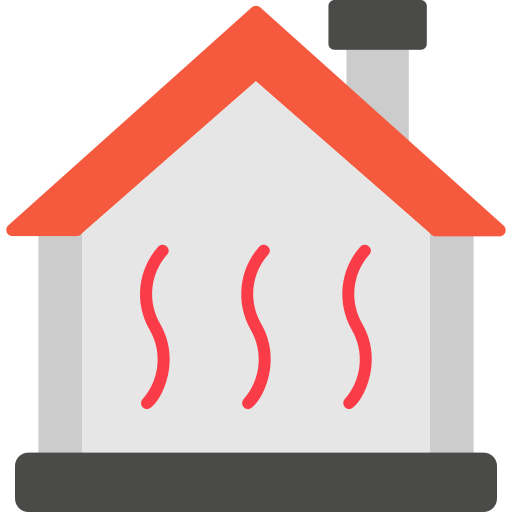Free Internal Wall Insulation Grants
If your home has uninsulated solid walls and poor energy efficiency, you could qualify for free internal wall insulation through the UK Government’s ECO4 or GBIS schemes.
Check if You Qualify for Free Internal Wall Insulation





















Free Internal Wall Insulation
What is Internal Wall Insulation?
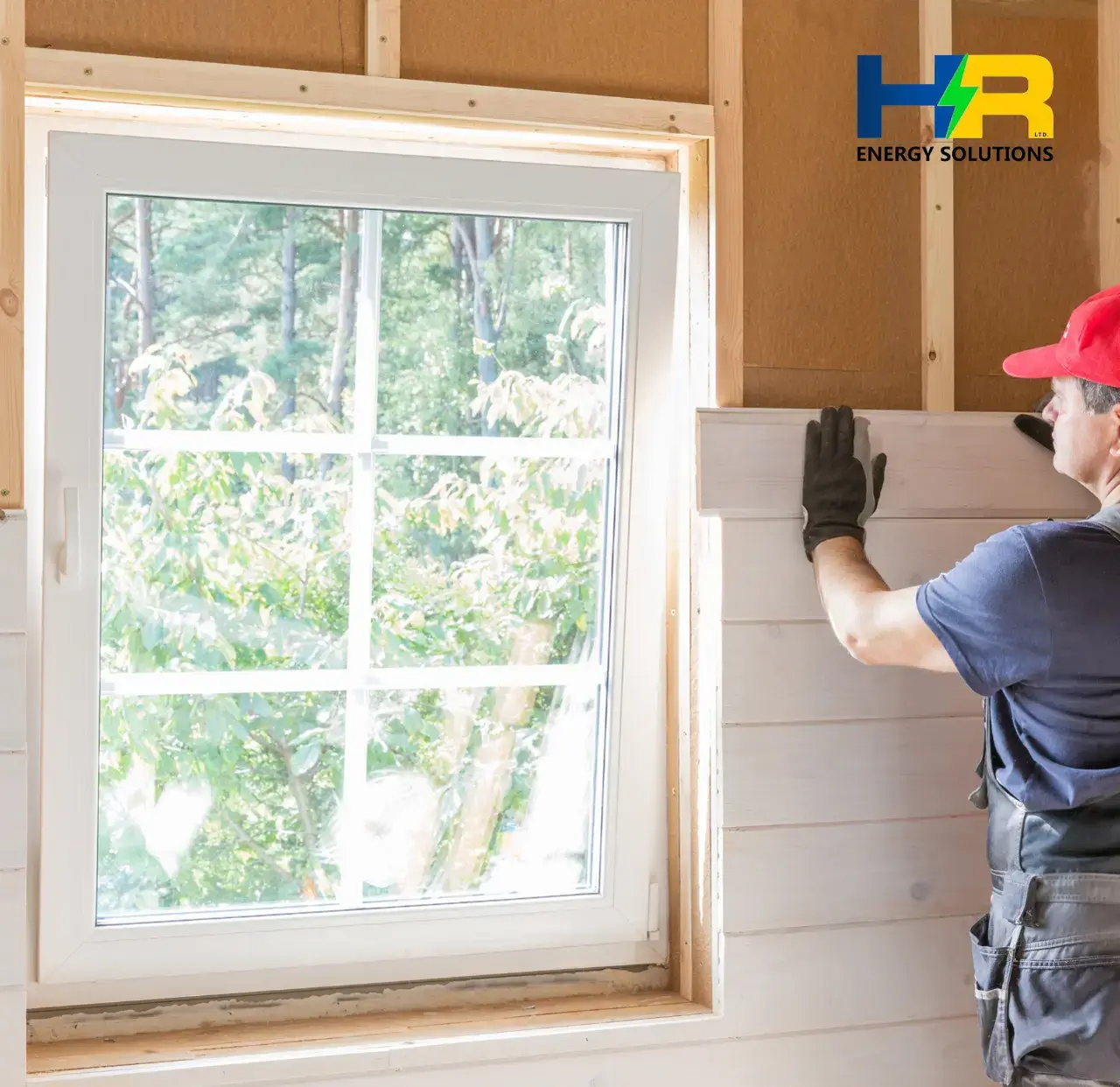
Internal wall insulation is a highly effective way to reduce heat loss through solid walls by adding insulation boards or stud wall systems to the inside of your home. It’s ideal for properties with solid walls (common in pre-1920s buildings) that cannot benefit from cavity wall insulation.
Through the ECO4 and GBIS government schemes, eligible homeowners may qualify for a free internal wall insulation grant. This upgrade can drastically improve your home’s energy efficiency, reduce heating bills, and increase comfort all year round.
Internal insulation grants are designed to help homeowners with poor EPC ratings and high heating costs. If you’re eligible, installation is completely free under the scheme.
- Helps prevent heat loss through solid walls
- Professionally installed with minimal disruption
- 100% free for eligible homeowners via ECO4 or GBIS

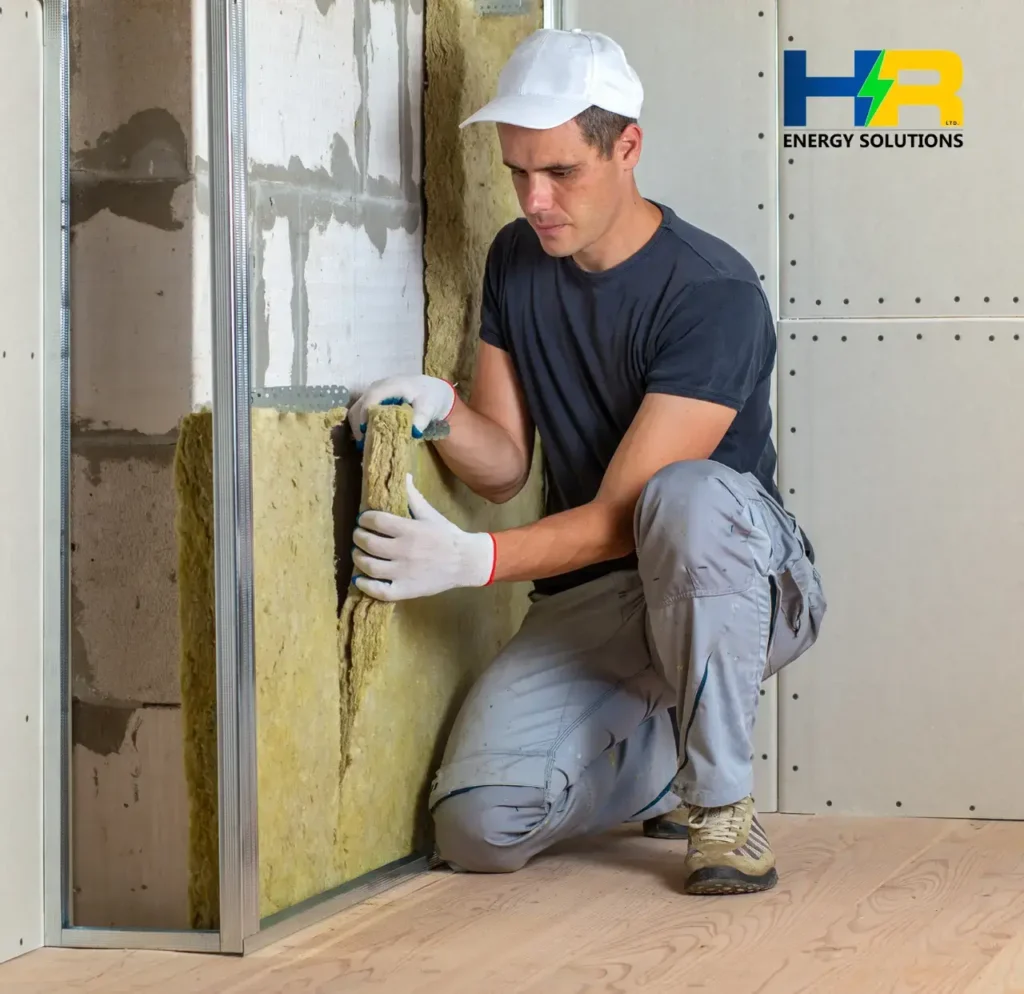
How Internal Wall Insulation Works?
Internal wall insulation is designed for homes with solid external walls, where cavity wall insulation isn’t an option. The process involves attaching rigid insulation boards or a stud framework filled with insulation material to the inside of your external walls. A new plaster finish is then applied to complete the installation.
This method creates a thermal barrier that reduces heat loss, making your home significantly warmer in winter and more energy efficient year-round.
Thanks to the internal insulation grants available under the ECO4 and GBIS schemes, eligible homeowners can have this work carried out completely free of charge.
- Insulation fitted inside your external walls
- Helps retain heat and reduce heating costs
- Covered in full by a free internal wall insulation grant
Insulate Your Home with a Free Internal Wall Insulation Grant!
Find out if you’re eligible for free internal wall insulation through the ECO4 or GBIS scheme, and start enjoying a warmer home and lower energy bills.
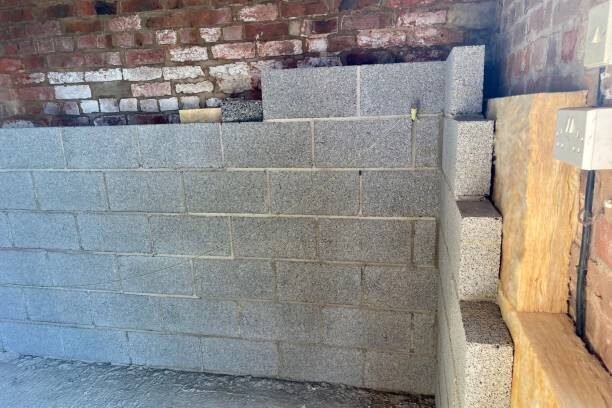
Why Choose Internal Wall Insulation?
Internal wall insulation is a smart solution for improving the energy efficiency of homes with solid walls. If your home was built before 1920 and lacks cavity walls, this upgrade helps lock in heat, reduce fuel costs, and create a more comfortable living space.

Cut Heating Costs
Stop heat escaping through uninsulated walls and reduce your winter energy bills significantly.

Boost Indoor Comfort
Enjoy consistent room temperatures and fewer draughts — no more cold patches near external walls.

Lower Your Carbon Footprint
Insulating solid walls reduces energy consumption, helping you contribute to a greener environment.
Other Free Insulation Upgrades You May Qualify For
- Cavity Wall Insulation – For properties with cavity walls (typically post-1920).
- Loft Insulation – Helps retain up to 25% of your home’s heat.
- Room in Roof Insulation Perfect for loft rooms or attic conversions.
- Underfloor Insulation – Best for older homes with suspended timber flooring and cold floors.
Who Qualifies for Internal Wall Insulation?
If your home has solid walls, poor energy efficiency, and meets the right eligibility criteria, you may qualify for free internal wall insulation through the UK Government’s ECO4 or GBIS scheme.
This applies to homeowners only and is based on your benefits status, Council Tax band, and EPC rating.
- You’re a homeowner
- You receive a qualifying income-based benefit
- OR your Council Tax band is A, B, C, D in England or A, B, C, D or E in Scotland
- Your property has a low EPC rating (D to G)
- Your home has solid walls suitable for internal insulation
If you meet these criteria, the internal insulation grant will cover the full cost — with no expense to you.
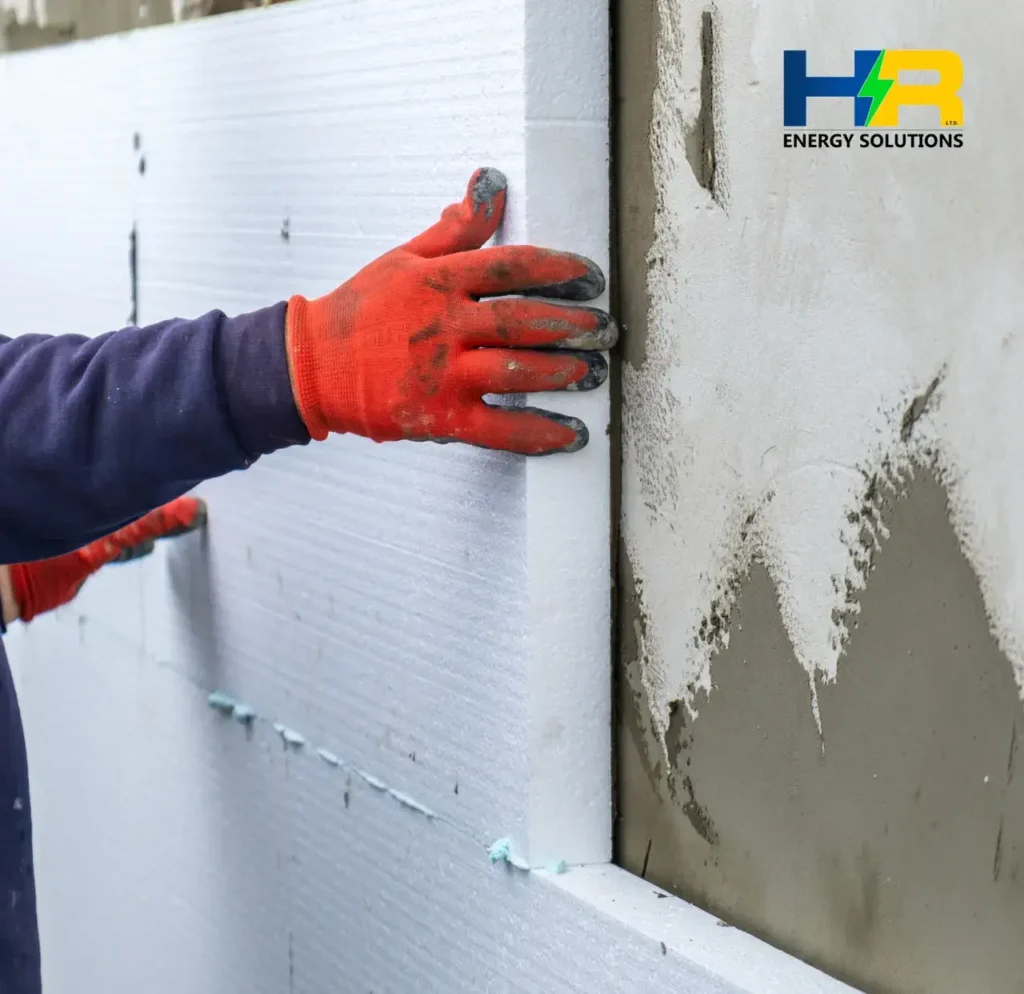
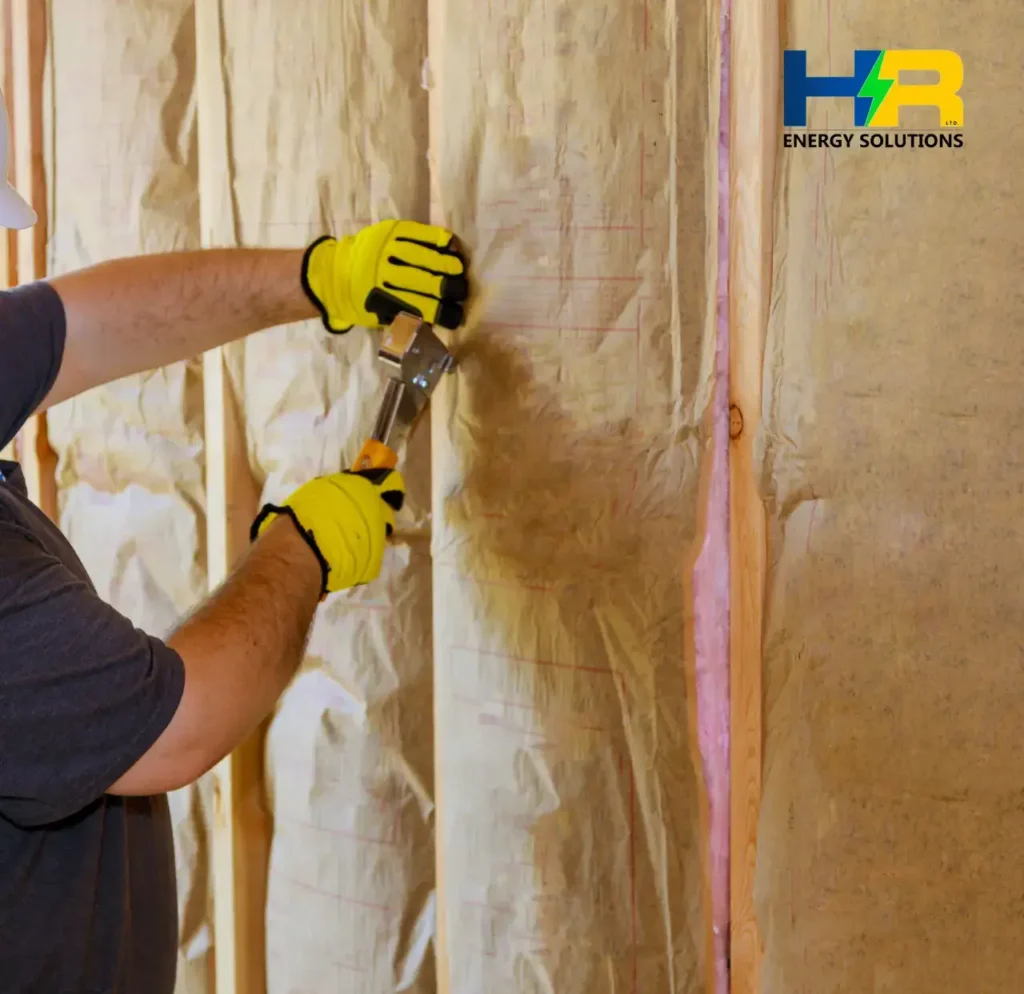
Qualifying Benefits for Internal Wall Insulation Grants
To receive free internal wall insulation through the ECO4 or GBIS schemes, at least one person living in your home must receive one of the following qualifying income-based benefits:
- Universal Credit
- Pension Gurantee Credit
- Pension Savings Credit
- Income Support
- Job Seeker's Allowance
- Employment & Support Allowance
- Working Tax Credit
- Housing Benefit
If your household receives any of these benefits, you may automatically qualify for a fully funded internal insulation grant under the UK Government’s ECO4 or GBIS scheme.
What Happens Next if You Qualify for FREE Internal Wall Insulation?
Once you’re confirmed eligible through ECO4 or GBIS, the process is simple, efficient, and completely free. We’ll handle everything from assessment to final installation — helping you enjoy a warmer, more energy-efficient home with internal wall insulation.
It's as Easy as...

Book a free survey
We’ll assess your home to confirm that your solid walls are suitable for internal insulation and check your eligibility under the grant scheme.

Installation planning
Our expert team will design a custom internal wall insulation plan using high-quality materials to maximise energy savings and comfort.

Get things done
Certified installers will complete the internal wall insulation, often within just a day or two leaving your home warmer.
Get Started with HnR Energy Solutions
Take the first step towards an energy-efficient home today. Check your eligibility for the ECO4 Scheme and start saving on your energy bills with no upfront costs.

Why Choose
HnR Energy Solutions
We’re not just about providing eco-friendly energy solutions. Here’s why customers trust us:

20+ Years of Experience
We bring over two decades of expertise in energy-efficient home solutions.

No Cost At All - 100% FREE
Eligible households can access ECO4 grants with no initial cost.

Installation Within 7 Days
From free surveys to expert installations, we manage everything.

Government Funding
We help you access ECO4 grants, boiler grants, insulation grants and more.

Trusted Across the UK
Our proven track record with homeowners across the UK speaks itself.
FREE Internal Wall Insulation Under ECO4 Scheme

Frequently Asked Questions
Find quick answers to your most common questions here.
Insulation boards or stud walls are installed on the inside of external walls. This creates a thermal barrier, helping reduce heat loss and keep your home warmer in winter.
Yes. Homeowners may qualify for a free internal wall insulation grant under the UK Government’s ECO4 or GBIS schemes. These schemes aim to improve energy efficiency in homes with solid walls and low EPC ratings.
If incorrectly installed, internal wall insulation can trap moisture and contribute to condensation or damp problems. However, when installed properly by qualified professionals with vapour control measures, it helps reduce condensation risk.
Some disadvantages include loss of internal floor space, disruption during installation, and the need to move radiators, sockets, or skirting boards. That said, the long-term energy savings and comfort improvements often outweigh these short-term issues.
Eligibility is based on being a homeowner with either:
-
A low EPC rating (D to G),
-
A qualifying income-based benefit,
-
Or a low Council Tax band (A–D in England or A–E in Scotland).
Yes, typically 60–100mm of floor space per wall is lost. However, this is often minimal and worthwhile considering the long-term reduction in heating bills.
Most installations take 1 to 3 days, depending on the number of rooms being insulated and the complexity of the work.
It can be, but special care is needed. Properties with solid stone or brick walls may require breathable materials and moisture-sensitive design to avoid trapping condensation.
Grants are typically available to owner-occupiers. However, landlords may be eligible under different funding rules if the tenant meets benefit criteria and consent is provided.
Internal wall insulation (IWI) is applied inside your home, while external wall insulation (EWI) is added to the outside. IWI is often more cost-effective for smaller budgets and doesn't require external planning permission in most cases.



